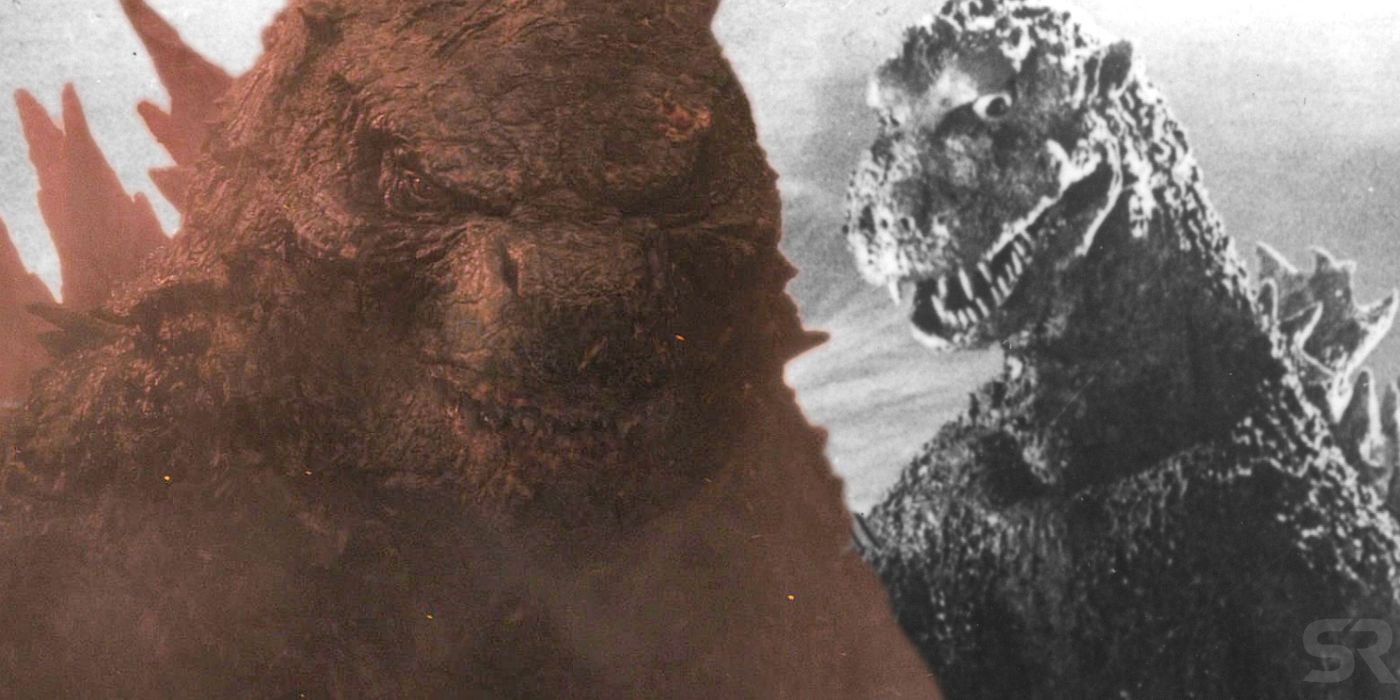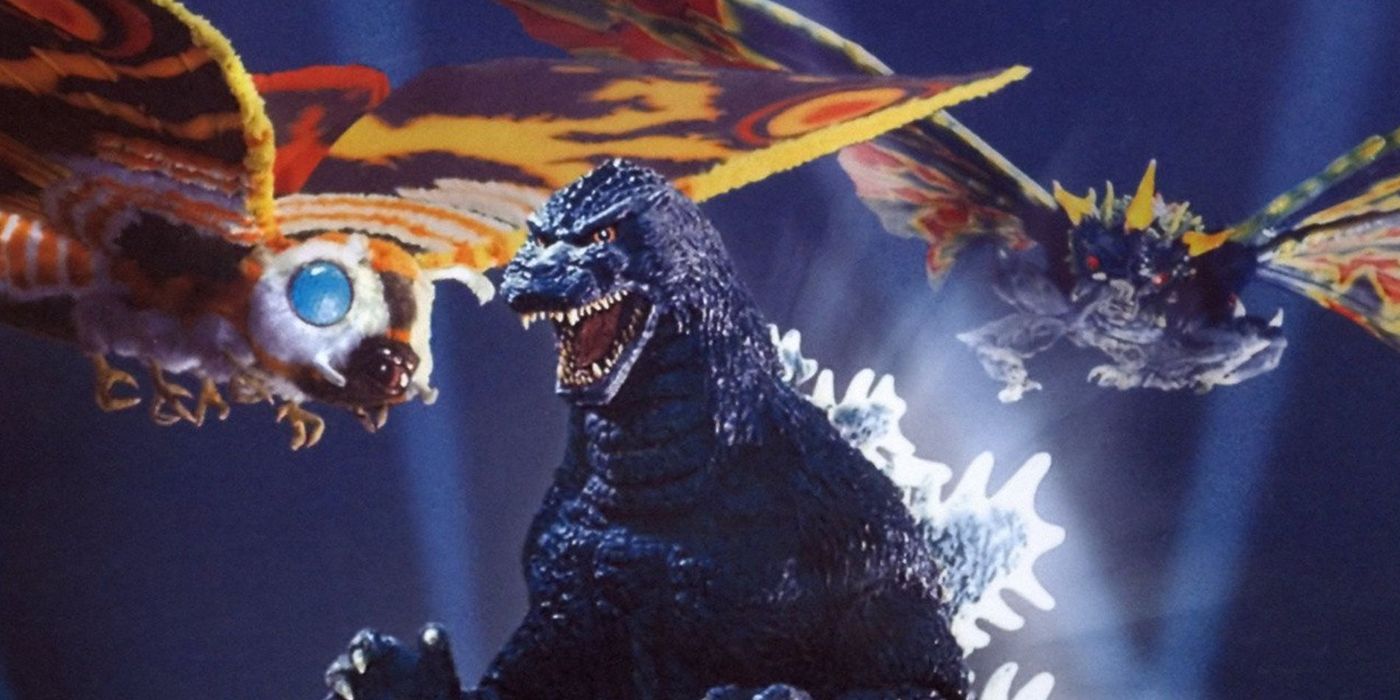
The MonsterVerse reinvented Godzilla by changing his entire purpose surrounding nature. In the original 1954 movie, Godzilla was created by nuclear testing and represented the dangers of nuclear weapons as a whole. Since Godzilla was created from the radiation of the atomic bomb, he was viewed as a product of human mistakes. After his emergence, Godzilla attacked Japan numerous times, but usually unintentionally. Most of the time, Godzilla is on the lookout for more radiation to absorb since that's what he feeds on.
Legendary's MonsterVerse provided a different take on the Japanese pop culture icon. Instead of explaining that he was mutated by the atom bomb, 2014's Godzilla established that the iconic monster was an ancient creature who had lived for thousands of years; the bomb merely awoke him. Toho's Godzilla was a prehistoric being as well, but he had to get his size and power from the radiation. The MonsterVerse's Godzilla, on the other hand, was already the King of the Monsters. Another thing that separates him from Toho's version is that he's a guardian figure who maintains nature by protecting it from those who threaten to upset the balance.
Godzilla director Gareth Edwards has explained why their interpretation of Godzilla works this way. It was Edwards' intention for the plot of Godzilla to be a consequence of how badly humans have treated the planet, and Godzilla and the M.U.T.O.s. were created to reflect these themes. In the movie, the M.U.T.O.s are a problem because they have come to the surface to seek out radiation, and the humans' actions are the reason why they've been drawn out. As a result, Godzilla rises out of the depths of the ocean to deal with them. So while the M.U.T.O.s represent humans' abuse of nature, Godzilla represents nature's response to this abuse [via Den of Geek].

Essentially, Godzilla is only around because the humans have made his presence necessary, which is a neat twist on how Toho used him in their films. In those classic Godzilla movies, humans were responsible for Godzilla being around as well, but what sets that version apart from the MonsterVerse's, at least in this respect, is that he wasn't trying to save the world. He sometimes found himself on the side of the human protagonists when he would go up against other monsters, but Godzilla wasn't a hero in the traditional sense (with the exception of a few kid-friendly films in the Showa series).
In fact, the MonsterVerse's Godzilla is the opposite of Toho's in some ways. One example of this can be found in 1992's Godzilla vs. Mothra, a movie which pit Godzilla against Mothra and her oldest enemy, Battra - a villainous character that hated humanity because it believed them to be a threat to nature. But Battra realized that the greatest threat wasn't humans - it was Godzilla. Battra ended up sacrificing himself to protect nature from Godzilla. That's a far cry from how Legendary's Godzilla and Godzilla: King of the Monsters have used the fan-favorite kaiju. Even so, this major change to Godzilla has been well-received. The MonsterVerse succeeded in finding an interesting way of changing his purpose without taking away the core elements of his character that make him Godzilla.
from ScreenRant - Feed https://ift.tt/2YhgV6L



0 Comments